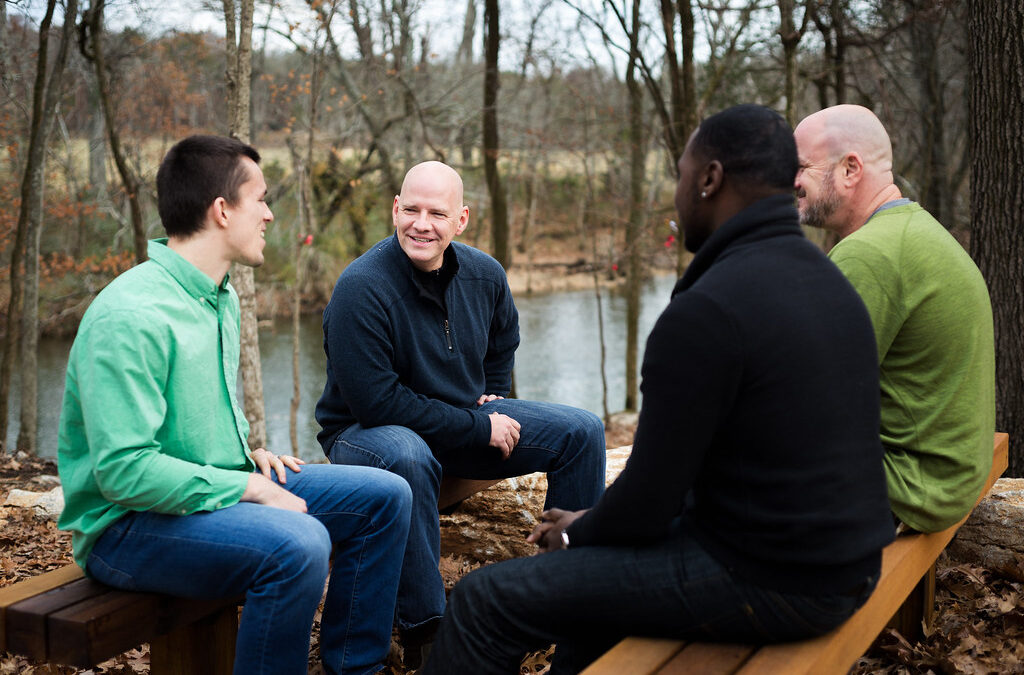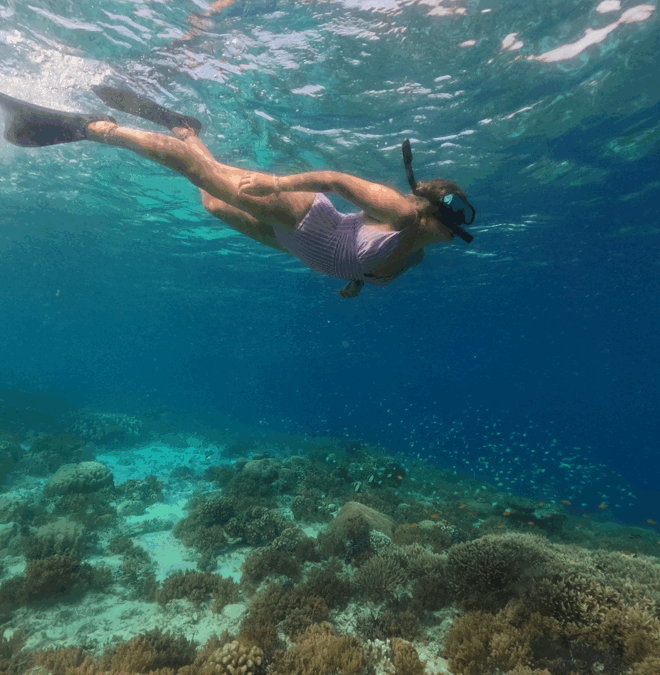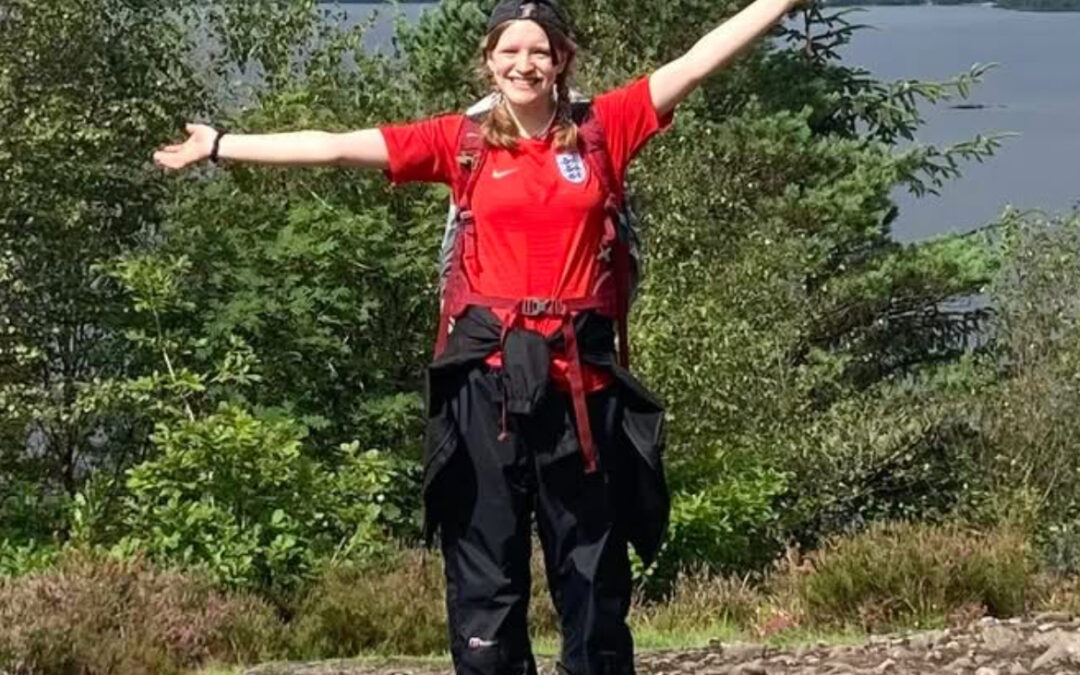A quiet revolution is unfolding across Africa. From the forests of Nigeria, to the highlands of Kenya, to the river islands of Sierra Leone, a new generation of conservationists – often underrecognized and underfunded – are defying the odds to protect the continent’s extraordinary biodiversity.
Their journey is not without challenges, but it is one defined by courage, innovation, and a deep love for nature.
Itakwu Innocent’s stand for wildlife
Itakwu Innocent, a conservationist and teacher from Cross River, Nigeria, is one such hero. His commitment to protecting wildlife – even at personal cost – has made him a symbol of resilience. Surviving an assassination attempt in 2019, Innocent continues to advocate for forest protection in his home village.
Rather than retreat, he remains devoted to conservation, refusing to abandon the land he loves. His legacy includes efforts to end poaching, promote wildlife awareness, and inspire youth through environmental education. “If I don’t save it,” he says, “who will?”
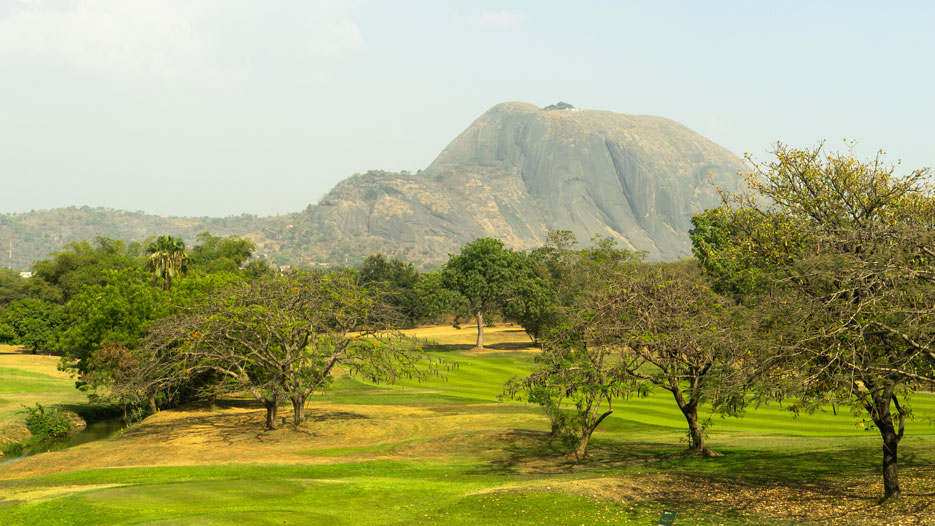
Sierra Leone’s Bashiru Bashiru
In Sierra Leone, Bashiru Bashiru turned childhood memories of conflict into a drive to protect nature. His dream of transforming Viata Sewa island into a conservation-tourism hub is still alive, fueled by local support and global awareness of the region’s ecological importance.
Though financial hurdles remain, Bashiru’s vision has helped spark conversations about preserving forest habitats – and the chimpanzees, birds, and butterflies that call them home.
Women Lead the Way
Across Kenya, Uganda, and Nigeria, women are redefining conservation leadership. In Embobut Forest, Kenya, 24-year-old Kuto Naomi is guiding forest restoration efforts rooted in Indigenous knowledge. Her group, Sengwer Berur Women, is reclaiming conservation spaces for women – planting trees, saving seeds, and building food resilience.
In Uganda, Nancy Aol of Friends of Zoka is expanding opportunities for rural women through environmental education and alternative livelihoods. Despite deep-seated gender biases, women like Nancy and Naomi are changing minds and policies, showing that conservation thrives when women lead.
If you’re enjoying reading this article, why not check out this article about indigenous led reforestation project thrives in Panama
Young Scientists Earning Global Recognition
Momentum is building. In Nigeria, Adekambi Cole’s groundbreaking footage of Cross River gorillas in the wild made international headlines, thanks to a fellowship supporting young scientists. In Sierra Leone, Bashiru Bashiru also benefitted from global mentorship networks, reinforcing the idea that when local talent is supported, global biodiversity wins.
Such fellowships and local training programs are planting seeds for the future, ensuring the next generation of African conservationists is better equipped and more visible.
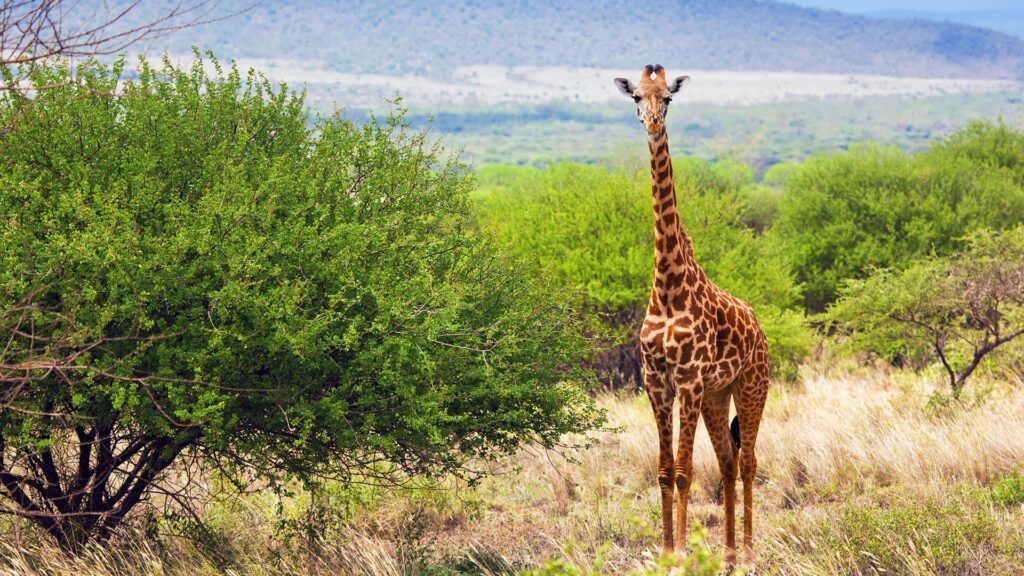
Community-Led Wins
Not all victories make the news, but they ripple through ecosystems and communities. In Okwa, Nigeria, Owan Kenneth successfully campaigned to ban harmful fishing practices, restoring aquatic biodiversity. His efforts prove that when conservation is led by locals and fueled by love – not just money – lasting change is possible.
And at Drill Ranch, long-time caregiver Asuquo Nsa Ani was recently honored with the Siddle-Marsden Award. His work with drill monkeys reflects decades of quiet dedication and reminds us that conservation is as much about heart as science.
Despite the challenges posed by systemic barriers – gender inequality, broken NGO promises, and safety concerns – the story of African conservation is increasingly one of hope. Where once there was isolation, there is now community. Where funding fell short, innovation stepped in. Where risk remains high, the courage to continue grows stronger.
Africa’s conservationists are not just protecting species – they are reimagining what’s possible.

